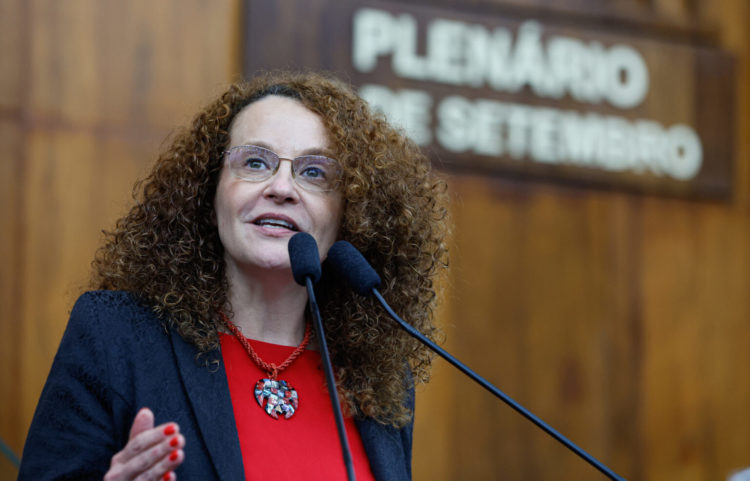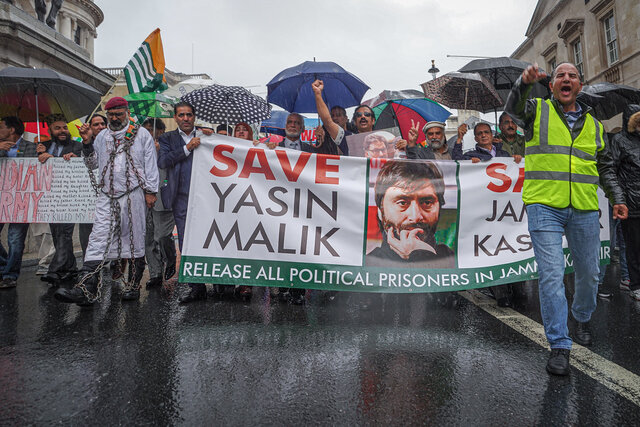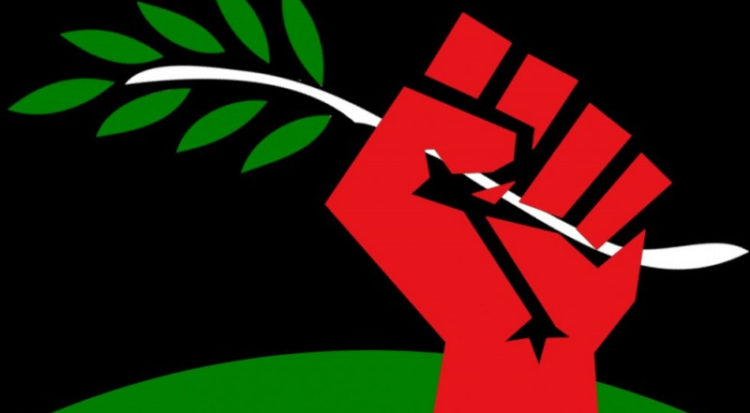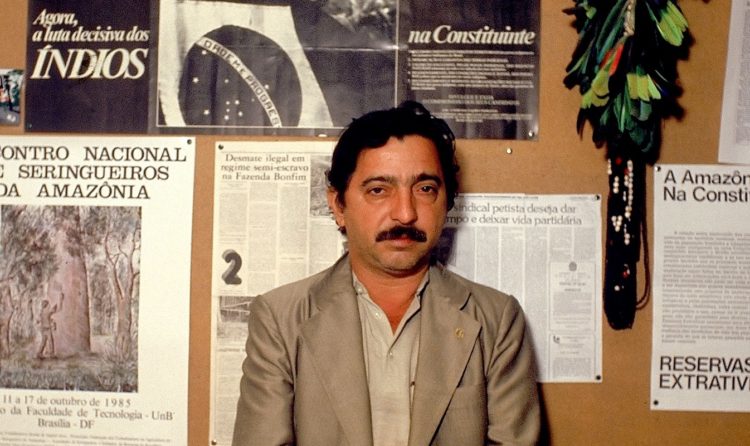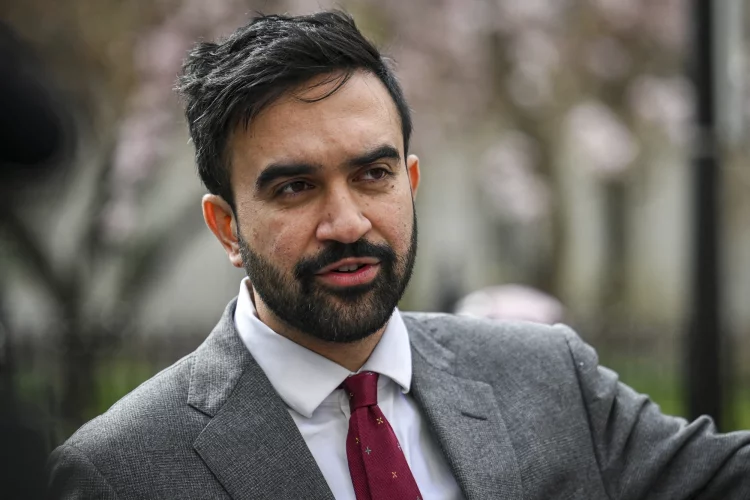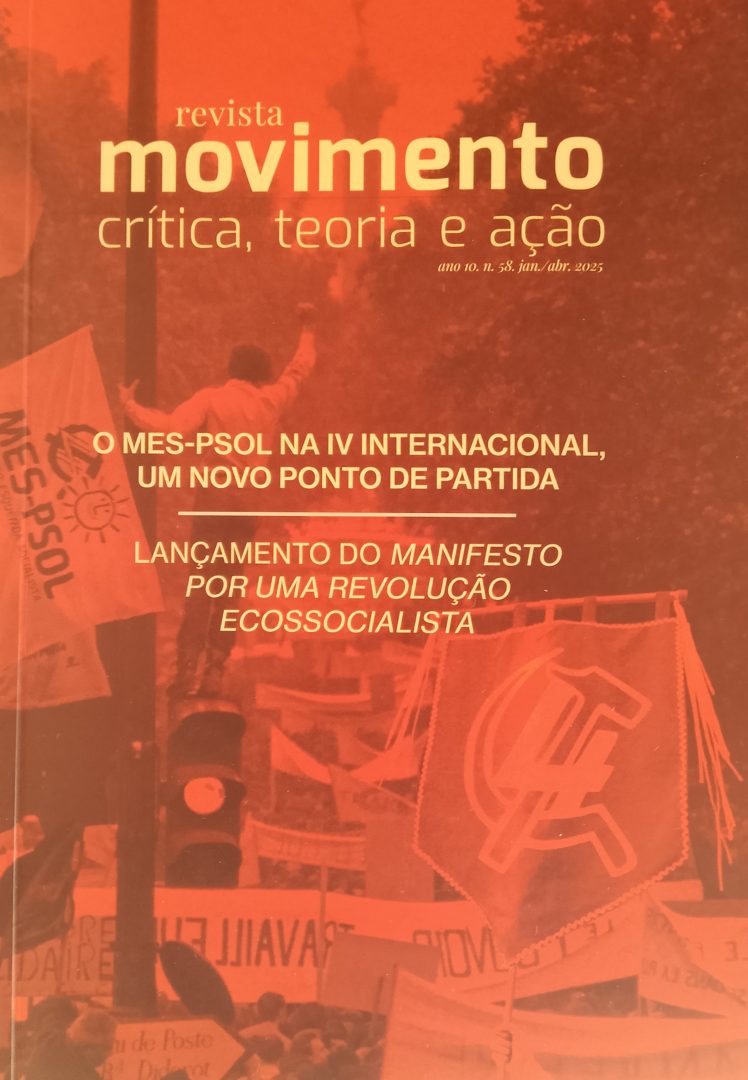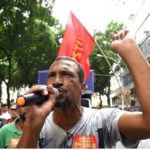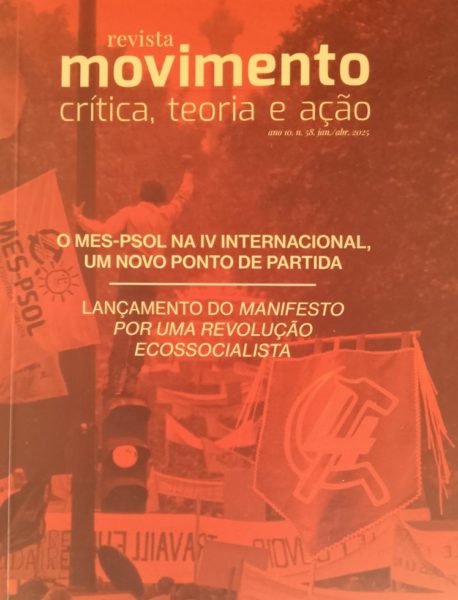From political articulations to the electoral campaign
It is necessary to fight the social crisis and bet on a strategy to defeat Bolsonarism in the streets and at the polls.
The pre-electoral debate period enters a new phase. On Saturday (7), in São Paulo, the Lula-Alckmin formula was presented. The PSOL defined its position in an electoral conference on the last 30th. Our tendency also published a note with its position about these facts. What is certain is that political time is accelerating.
Bolsonaro hardens his discourse and bets on polarization, as he did on May 1st, affronting a historical date for the working class, to make his coup sermon and the defense of the fascist Daniel Silveira. Meanwhile, the articulations continue in the states, the third way is dehydrated, the political “market” is agitated.
In real Brazil, inflation reaches a record high. Fuel prices skyrocket, motivated by the international situation, leading to a scenario of greater instability. The social crisis is perceived in the big cities, with the exponential increase of the population living on the streets. Family indebtedness is the highest in 26 years. Brazil has reached the third highest inflation rate on the continent, behind only Venezuela and Argentina.
From now until the period of the party conventions, we will heat up the electoral climate, in a plan to combat the social crisis and with the need to find the right strategy to defeat Bolsonarism in the streets and at the ballot box.
Bolsonaro in election mode
Bolsonaro has adopted a clear strategy to stay in power. He needs to build a solid narrative to shield his social base from the economic and social crisis. To do so, he is acting on three main fronts: to unite the centrists and large parts of the military with material benefits, providing the necessary ballast for the dispute; to divert social indignation towards a narrative that preserves him from the rise in prices; and finally, to raise the tone of the coup agitation to mobilize his base to reach the second round with their “heads held high.”
The revelation of the amounts intended for the military is scandalous. Bolsonaro used Daniel Silveira’s case to leave in the background the denunciations brought by Miriam Leitão about the secret documents related to the military dictatorship. The government’s alliance has as its main nucleus the centrists and part of the military, expanding to militia sectors, part of the state police, the leaders of the large evangelical churches, and the most backward sector of agribusiness: this is its base for the next battles.
After the Daniel Silveira case, Bolsonarism uses the social networks and other communication channels for its “group and polarize” line. Moro’s exit from the scene threw a portion of the more right-wing voters back onto the path of Bolsonarism. The constant statements against the STF and questioning the electronic ballot boxes pave the way for this strategy.
On the other hand, Bolsonaro tries to find ways to “get around” the economic crisis: he fired the president of Petrobras and now the Minister of Mines and Energy, Bento Albuquerque, to serve as scapegoats for the company’s pro-rent pricing policy, since almost 70% of Brazilians believe that Bolsonaro is responsible for inflation. He uses this discourse for his groups trying to separate himself from the anger spreading among truckers, drivers, app workers, among others.
The “third way” adrift, Lula and the national “concertacion”
The failure of the third way is also evident with the rupture of the announced agreement that was to be sealed on May 18 between MDB, PSDB, Cidadania and União Brasil. The Tucanos are abandoning Doria and Luciano Bivar says that he will no longer accept a “unique” candidacy. The pressure is already making businessmen consider supporting Lula in the first round, while candidates from União Brasil in the Midwest are already declaring themselves Bolsonarists. The alternative space for a third way is dwindling.
Lula continues his path to the right: he has sealed an alliance that should be the embryo of a government of national unity. Alckmin is the new “letter to the Brazilian people”. In the economic plan, besides timid measures, Lula’s programmatic definition is to continue with the same president of the Central Bank and adopt a line of “softer adjustment”, without solving the country’s major obstacles. The Brazilian decadence will not be solved with a new government of national concertacion.
But it is necessary to separate an anti-Bolsonaro vote from embarking on a government of national concertation. We know that in the current situation, in which family incomes are being eroded and Bolsonaro is increasing his coup threats, there is a broad movement of almost two-thirds of Brazilians – an even larger number among the most popular strata – wanting nothing more than to get rid of the nightmare that is the genocidal government. Our indication to vote for Lula goes in this direction, but voting is not enough: it will be necessary to organize the fight against Bolsonarism and the worsening of living conditions.
Our tasks in this scenario
Polarization is in the air. The action of Nazi groups in Campinas, the racist actions inside the City Council of São Paulo and in the São Paulo subway (answered well by the councilwoman Luana Alves and the PSOL bench) indicate the temperature of the dispute. The organization of the struggle against Bolsonarism goes far beyond the ballot box. We need to organize ourselves for a mass struggle against fascism and its various expressions.
From the PSOL point of view, despite the majority of the party leadership having opted for a not so haughty posture, we will continue defending our banners. Participating in activities with our own profile and identity. And fighting for the party to have candidates for state governments, as in São Paulo, where such a definition will happen in a few weeks.
For this reason, we connect with the ongoing struggles: of the public service categories in several cities around the country; of the nursing and health agents for their rights; of the high school students from all over the country who are holding their national congress in Brasilia. In addition to entering the programmatic debate, to point out fundamental solutions for the working class and the popular masses, we will fight to reelect the positions of the socialist left and to advance the struggle against the billionaires, against hunger, for the defense of indigenous territories, against mining and against high prices, in particular by denouncing the international price parity policy of Petrobras, which must be stopped immediately.

